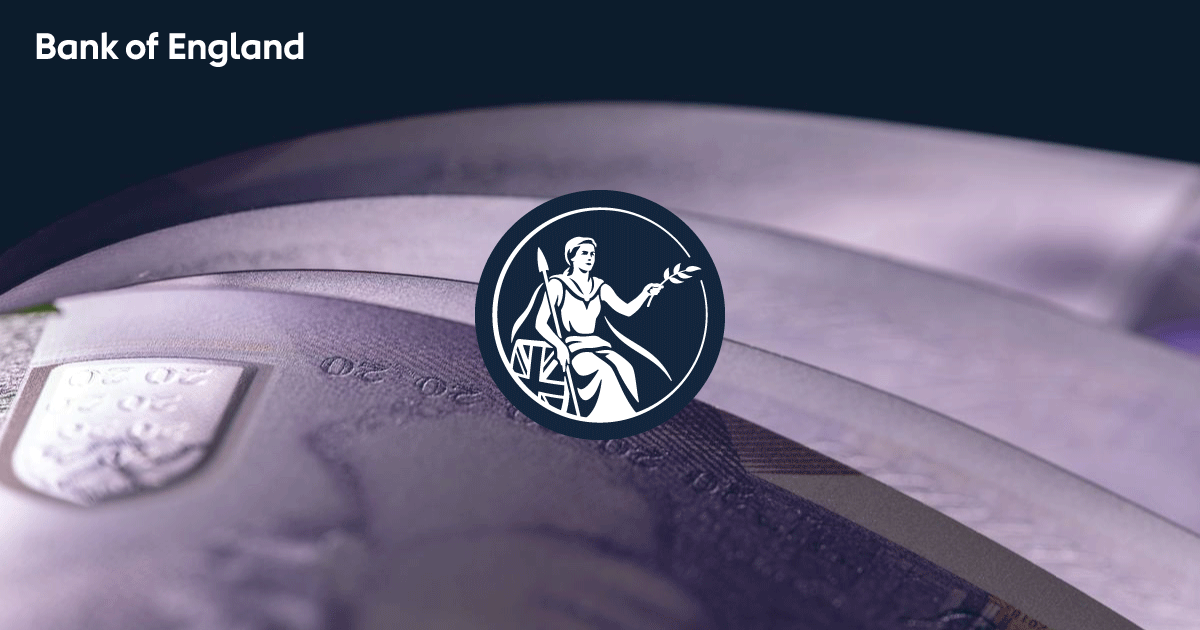
The Risks You Need to Understand When Transfering Ownership of a Company
Everyone dreams of owning their own business. It’s a chance to be your own boss, make major decisions, and potentially reap significant financial rewards. However, owning a company also comes with risks. One of the risks that many entrepreneurs don’t think about until they face it is company ownership transfers. When existing liabilities are brought into the mix, the impact on you as a new owner can be significant. In this article, we’ll explore the hidden risks of company ownership transfers and explain how existing liabilities can affect you.
Key Takeaways:
The Hidden Risks of Company Ownership Transfers
When it comes to buying or taking over a company, it’s essential to dig deep and fully understand the existing liabilities involved. An existing liability can be anything that the company is legally obligated to do or pay in the future, such as loans, legal disputes, taxes, or pending contracts. These liabilities can place a burden on the new owner and potentially lead to financial losses or a damaged reputation if not handled correctly.
The Impact of Existing Liabilities
Existing liabilities can have a significant impact on your financial well-being, business operations, and future growth potential. Let’s take a closer look at how these hidden risks can affect you:
1. Financial Difficulties
If a company you plan to acquire has outstanding debts or legal disputes, you may become responsible for resolving these issues. This means that your own financial resources could be at risk. Significant outstanding loans or hidden legal claims can put a dent in your working capital, making it harder to invest in growth or meet other financial obligations.
2. Legal Consequences
When you take ownership of a company, you also inherit its legal obligations. This includes pending lawsuits, contract disputes, intellectual property rights issues, or violations of regulations or agreements. Failing to address these legal challenges promptly can result in costly court battles, fines, or even the closure of your newly acquired business.
3. Reputational Damage
The reputation of a business is crucial for attracting customers and building trust with partners and stakeholders. As the new owner, any negative history tied to the company you’re taking over can be damaging. If the previous owner mismanaged finances, engaged in unethical practices, or was involved in scandals, you risk being associated with those negative aspects. Rebuilding a tarnished reputation can be costly and time-consuming.
4. Decreased Employee Morale
During a company ownership transfer, employees often experience uncertainty and fear regarding their job security and the overall stability of the business. The burden of existing liabilities can sometimes result in downsizing, layoffs, or even a complete shutdown of operations. This not only affects the livelihoods of employees but also lowers morale and productivity, making it harder to maintain a positive company culture.
How to Navigate the Risks
Now that you understand the potential risks that come with company ownership transfers, it’s crucial to take steps to mitigate these risks. Here are some strategies to help you navigate the challenges:
Conducting Due Diligence
Before finalizing any company acquisition, conduct thorough due diligence. This involves examining the company’s financial statements, legal documents, tax records, and contracts. Reviewing this information will give you an accurate understanding of the existing liabilities and help you negotiate a fair price that takes these risks into account.
Seek Professional Advice
Don’t hesitate to consult with legal, financial, and industry experts during the company acquisition process. They can provide valuable insights and identify any potential pitfalls that you may have missed. It’s well worth the investment to ensure a smooth transition and protect your best interests.
Review and Revitalize the Company
Once the transfer is complete, it’s crucial to assess the state of the company and develop a strategy to revitalize it. Address any outstanding debts, legal disputes, or damaged relationships head-on. Communicate with employees, suppliers, and customers to build trust and implement necessary changes to restore the company’s reputation.
Frequently Asked Questions
Conclusion
Understanding the hidden risks of company ownership transfers is crucial before diving into any acquisition. The impact of existing liabilities can be significant, affecting your finances, legal obligations, reputation, and employee morale. By conducting thorough due diligence, seeking professional advice, and taking appropriate measures to address existing issues, you can navigate the risks effectively and safeguard your investment.
Remember, buying a company is not just about potential profits but also about carefully assessing the risks involved. Be prepared, informed, and proactive to make the best decisions for your future as a business owner.
Source: insightfullgo.com

